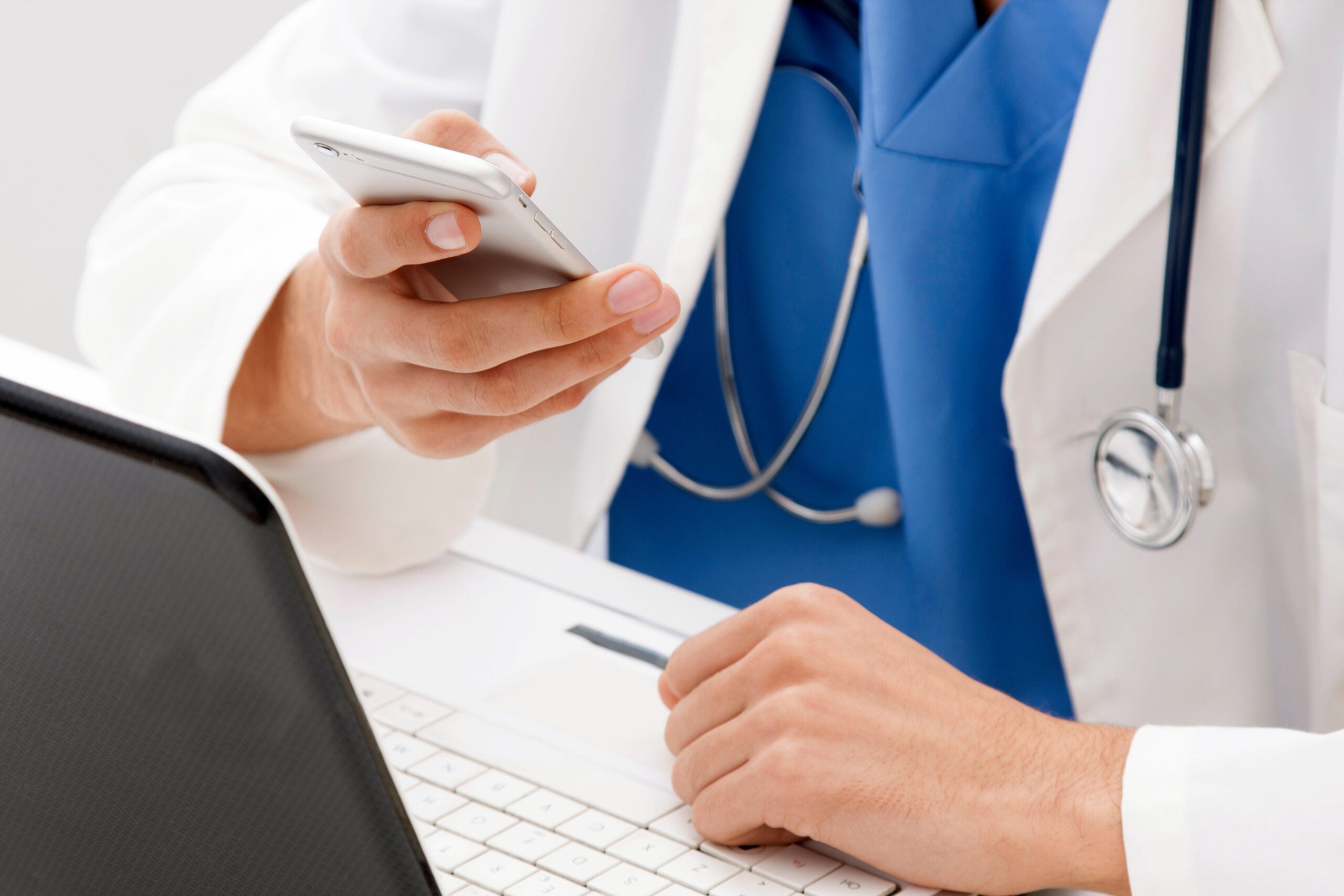Mobile Health (mHealth) Explosion: Revolutionizing Healthcare Delivery
By: Lyle Small

The healthcare industry is undergoing a digital revolution, and at the forefront of this transformation lies mobile health (mHealth). mHealth encompasses a wide range of technologies that leverage mobile devices, such as smartphones and tablets, to deliver healthcare services and information. Moreover, integrating mHealth solutions with orthopedics medical billing systems can streamline revenue cycles, improve billing accuracy, and enhance financial performance for orthopedic practices. By automating billing processes and optimizing revenue management, orthopedic practices can focus more on delivering quality patient care and less on administrative tasks, ultimately leading to better patient outcomes and practice efficiency.
This article delves into the burgeoning world of mHealth solutions, exploring their impact on healthcare efficiency and the potential benefits they hold for patients, providers, and the healthcare system as a whole.
Boosting Efficiency Through mHealth
Traditional healthcare delivery often suffers from inefficiencies, leading to longer wait times, administrative burdens, and fragmented communication between patients and providers. mHealth solutions offer a compelling opportunity to streamline processes and enhance workflow, resulting in significant efficiency gains. Let’s explore some key areas where mHealth is driving positive change:
- Improved Appointment Management: mHealth apps allow patients to schedule appointments, receive reminders, and manage cancellations conveniently, reducing administrative workload for staff and fostering better time management.
- Enhanced Patient Engagement: Educational resources, medication reminders, and symptom tracking tools readily available on mobile devices empower patients to take a more active role in their health management. This reduces reliance on in-person consultations for routine questions and empowers patients to self-manage chronic conditions effectively.
- Streamlined Communication: Secure messaging platforms within mHealth apps facilitate seamless communication between patients and providers. This allows for quicker exchange of information, clarification of instructions, and prompt responses to patient queries, leading to improved care coordination and better patient outcomes.
- Remote Monitoring and Telehealth: mHealth enables remote patient monitoring through wearable devices and sensors that transmit vital signs and health data in real-time. This allows for early detection of potential problems, facilitates timely intervention, and promotes preventive care. Telehealth consultations via mobile devices further enhance efficiency by enabling virtual visits for routine check-ups, medication refills, and mental health support, reducing travel time and associated costs.
- Reduced Administrative Tasks: mHealth apps can automate various administrative tasks, such as prescription refills, appointment confirmations, and lab result notifications. This frees up valuable time for healthcare professionals to focus on direct patient care, leading to improved productivity and reduced operational costs.
The Ripple Effect: Benefits Beyond Efficiency
The positive impact of mHealth extends beyond operational efficiency, bringing a multitude of benefits for patients, providers, and the healthcare system at large:
- Improved Patient Satisfaction: Increased convenience, better self-management tools, and improved communication with healthcare professionals contribute to a more positive patient experience.
- Enhanced Quality of Care: Timely access to information, remote monitoring capabilities, and better-informed patients empowered to participate in their care journey ultimately lead to improved quality of care.
- Reduced Healthcare Costs: By promoting preventive care, remote monitoring, and self-management of chronic conditions, mHealth solutions have the potential to significantly reduce healthcare costs associated with unnecessary hospitalizations and emergency room visits.
- Increased Access to Care: mHealth bridges geographical barriers, making healthcare services more accessible to patients in remote areas or with limited mobility. Telehealth consultations can expand access to specialists and mental health services, addressing existing disparities in healthcare delivery.
Challenges and Considerations
Despite the promising landscape, mHealth advancements are not without challenges. Here are some key considerations:
- Digital Divide: Unequal access to smartphones, internet connectivity, and digital literacy skills can exacerbate existing healthcare disparities. Efforts are needed to bridge the digital divide and ensure inclusive access to mHealth solutions.
- Data Security and Privacy: Protecting sensitive patient data transmitted through mobile devices is paramount. Robust cybersecurity measures and clear data privacy policies are crucial to gaining patient trust and ensuring secure usage of mHealth apps.
- Integration with Existing Systems: Integrating mHealth solutions with existing healthcare information systems can be complex and require significant investment.
- Standardization and Interoperability: Lack of standardized data formats and limited interoperability between different mHealth platforms can hinder seamless data exchange and care coordination.
The Road Forward: A Collaborative Future
The future of mHealth is bright, with continuous advancements in technology offering promising opportunities to further revolutionize healthcare efficiency. Addressing existing challenges through collaboration between healthcare institutions, technology companies, and policymakers is crucial. Joint efforts can ensure equitable access, robust data security, seamless integration with existing systems, and standardized data formats for optimal interoperability. Additionally, integrating mHealth solutions with dermatology practice management software can streamline clinical workflows, improve patient scheduling, and enhance revenue cycle management for dermatological practices. This integration enables dermatologists to leverage patient-generated data from mHealth devices seamlessly within their practice management systems, facilitating more personalized care delivery and improved patient outcomes.
Conclusion
mHealth solutions have emerged as a powerful force in transforming healthcare delivery by fostering efficiency, improving patient engagement, and enhancing the quality of care. As the landscape of mHealth continues to evolve, embracing innovative solutions and addressing existing challenges will unlock a future of more accessible, efficient, and patient-centered healthcare for all.
872 Views












